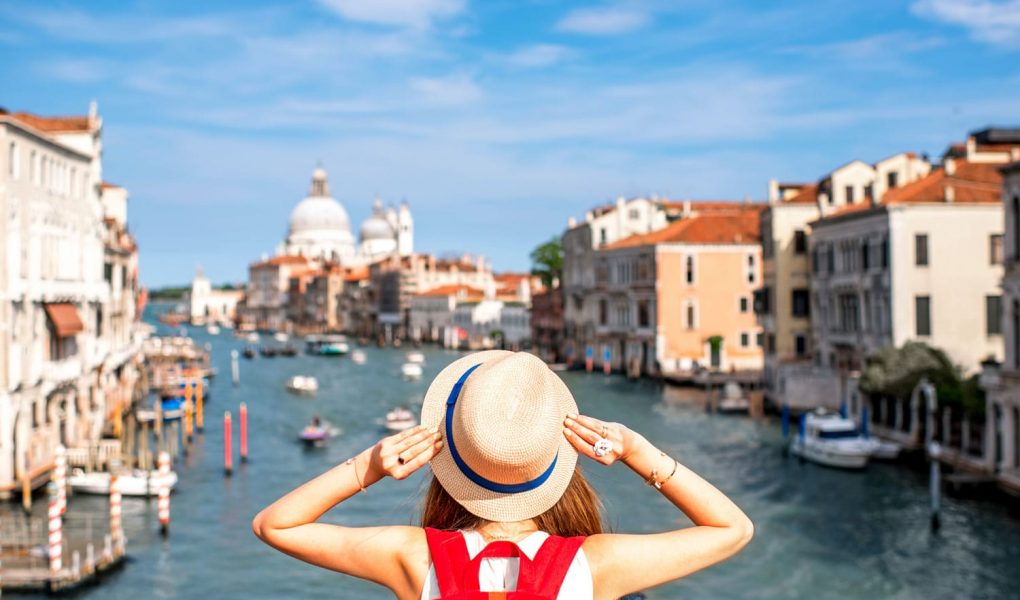A. 10 Best Tips For Traveling Europe (Everything You Need To Know)
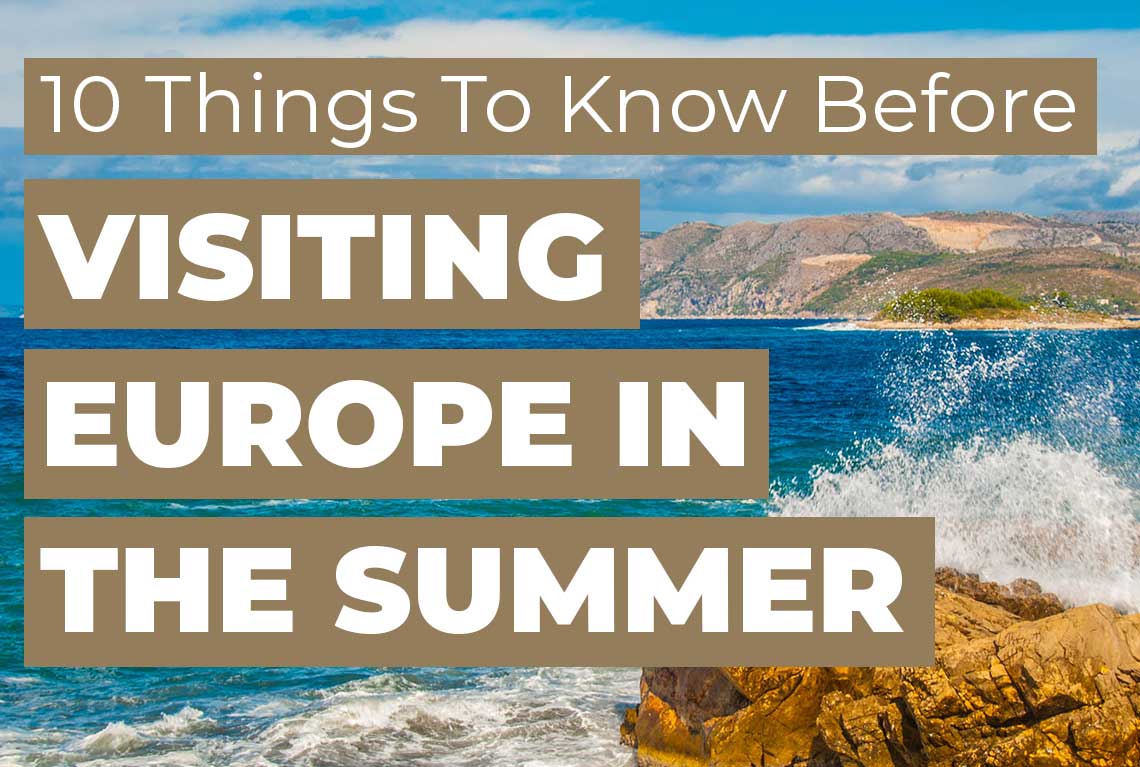
After traveling around Europe for the past 20 years, I’ve learned the best tips and tricks. These travel tips for Europe cover everything you NEED to know! Whether it’s your first time traveling in Europe or traveling to Europe several times a year, avoiding some of the most common travel mistakes will make your trip so much more enjoyable! A little planning goes a long way, and these European travel tips will help you become a smarter, more relaxed European traveler.
1. Check the visa requirements
One guaranteed way to ruin your trip is to deny you entry to the country you are visiting because you do not have a tourist visa. Although most countries in Europe do not require a visa for short visits, it is best to know which countries do. Before you travel, do a quick online search to find out tourist visa requirements and whether you need to purchase a visa on arrival at the airport or online before arrival. There are several websites on the internet listing visa requirements, so do your research beforehand.
2. Travel in the off season
While you dream of sunbathing on Mediterranean beaches in the summer months, so does the rest of Europe – resulting in overcrowded beaches and long lines at tourist attractions. Traveling in the off-season is the best way to avoid the crowds and save money on accommodation, airline tickets, train tickets, and tours. Most of the major tourist attractions are open all year round. Be sure to check the closing times, however, as some may have shorter opening times during the off-season.
3. Use budget airlines
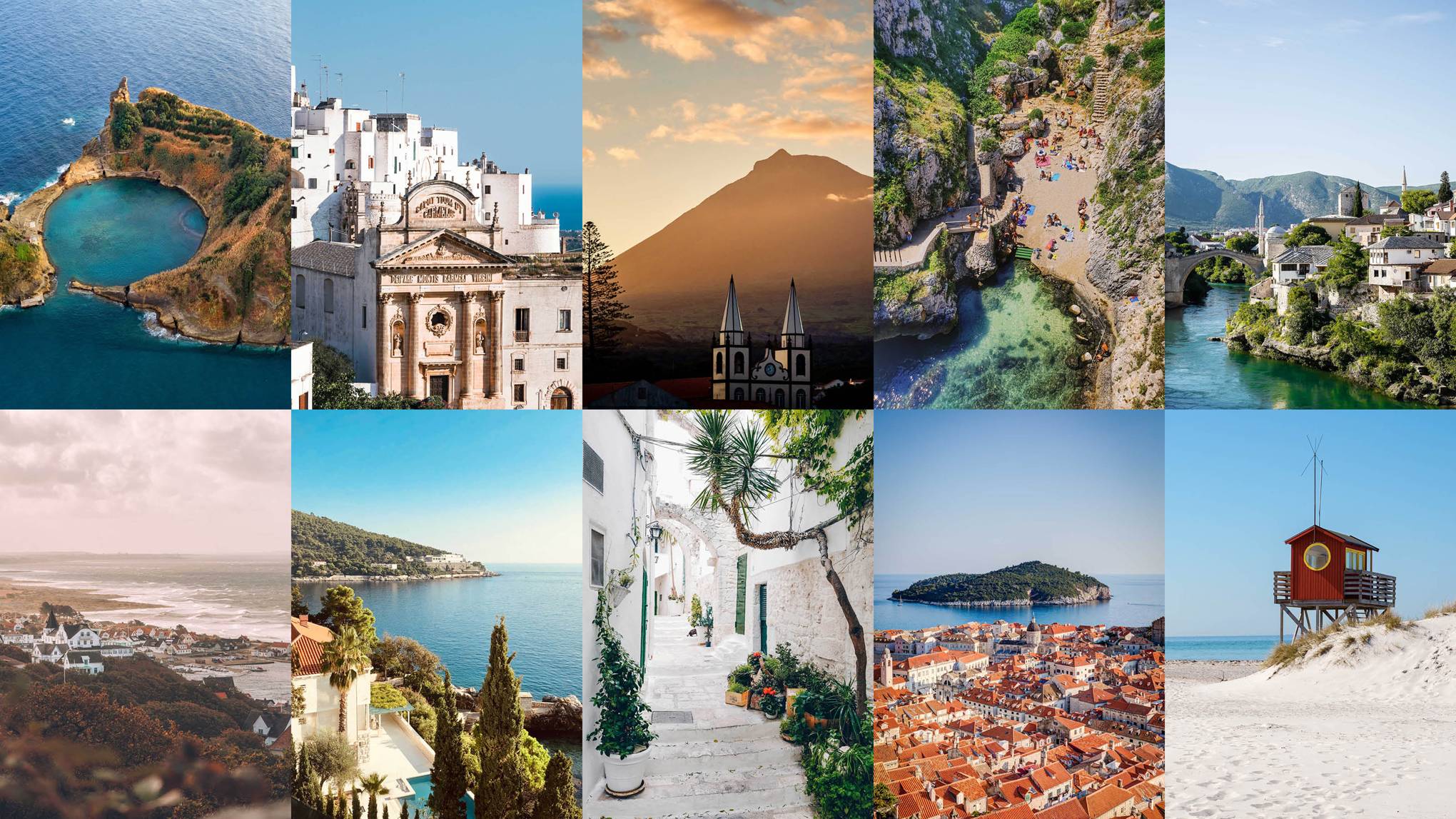
With more than a dozen low cost airlines across Europe, you can fly with a low cost airline almost anywhere on the continent at low cost. Air tickets are usually cheaper than train tickets, but cheaper seats tend to sell out faster. While you might get a bargain on your airfare, you should be aware of additional fees and taxes that are often not included in the advertised airfare. Also, avoid significant baggage fees by researching each airline’s rules on carry-on baggage and bag size. Packing lightly will help you avoid baggage fees and make your transit through the airport easier!
4. Rail travel
Rail travel in Europe is often more efficient – and, depending on the travel destination – easier than by plane. Book your ticket with a real person at the train station as some options are not available at kiosks. Make sure to validate your ticket before boarding the train to avoid fines!
5. Reserve in advance
Advance reservations are the best way to guarantee accommodation and tours, especially in high season. Booking airline tickets, hotels, train tickets and tours in advance will ensure you get the best price too.
6. Bring comfortable shoes to go anywhere
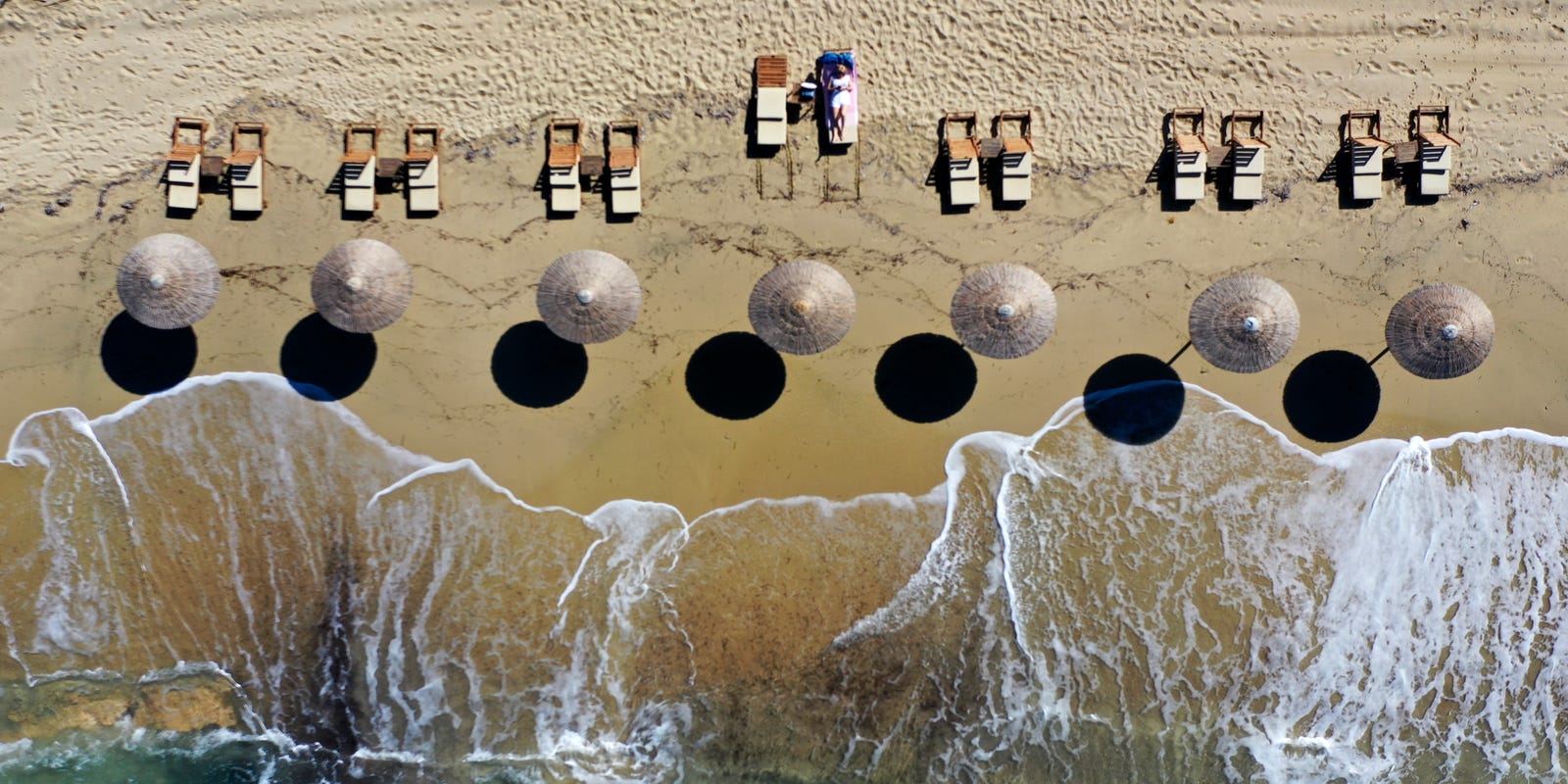
As one of the best ways to see a city, you’ll be walking a lot during your European vacation, so having a pair of comfortable shoes (these are my favorite shoes!) Is a must. After a long day in the city, your feet will thank you!
7. Bring a suitcase to carry
When navigating the train station, walking down cobblestone streets, carrying your luggage up several flights of stairs in your hotel (European hotels often don’t have elevators), or incurring additional baggage fees, it is necessary to carry light luggage in a suitcase that you can carry! You don’t need as much as you think, and laundries are available across Europe if you need to do laundry during your trip.
8. Stay more time in one place
Staying in one place for a longer time allows you to experience the city or neighborhood like a local. Making friends with locals, finding local eateries and eateries, and venturing off the beaten track can create compelling travel stories and often unforgettable experiences.
9. Get off the beaten path

Of course, seeing a city’s popular attractions is a must. While your heart is set on visiting the most popular attractions, be sure to check out the lesser-known spots. Asking the locals for recommendations will often give you a better insight into the local culture. You can also search for unusual experiences in travel books and online.
10. Don’t plan on using credit cards everywhere
While it appears that most of the world now accepts credit cards, it is not uncommon in Europe for only cash to be accepted. Having euros to spend on tips, taxi rides, restaurants, shopping at local markets, and daily activities will make your transactions easier and save you money on overseas transaction fees. Before you travel, ask your bank for foreign currency or go to an ATM on arrival at the airport. Airport ATMs don’t always have the best exchange rate, but it’s better than running out of cash or looking for an ATM during jet lag.
B. 4 Things To Know Before Traveling To Europe This Summer, According To An Expert
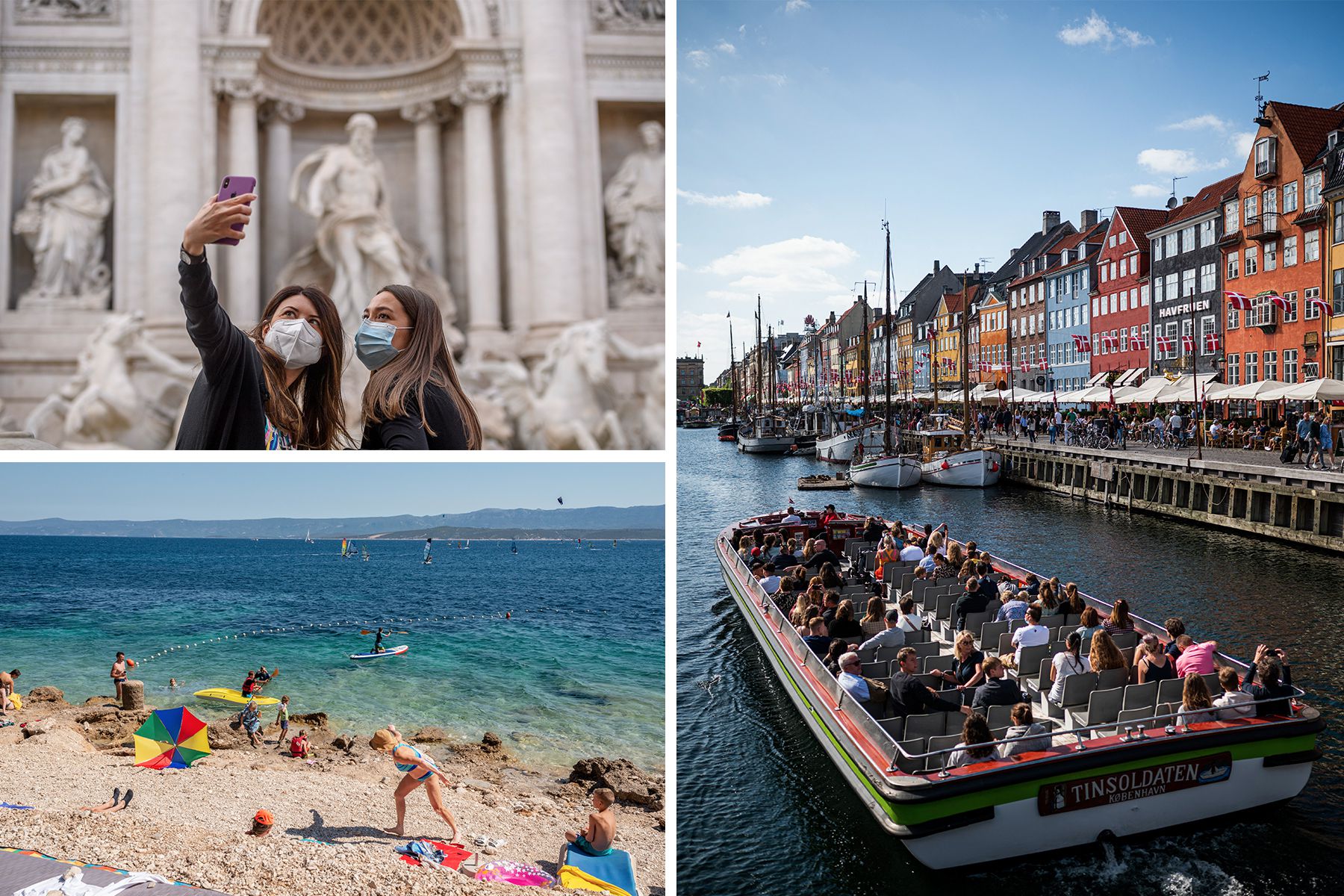
Some European borders are open to American tourists. Others, however, remain stubbornly closed. Some countries require a negative PCR test, others require a full vaccination certificate. Some are on the “green” list, others are on the “amber” … and so on and so on, in a tangle of post-pandemic haze that can admit the return of the trip is a bit overwhelming. But when you’re ready, says Luís Araújo, President of the European Travel Commission and Visit Portugal, Portugal’s National Tourism Council, book a ticket and stay for a while – as long as you stick to the rules.
1. The hospitality industry works hard to make you feel welcome.
“We worked hard and it’s not just Portugal,” he said. “Many, many countries have been working on new protocols to meet everyone’s needs.” Araújo stressed that nations in Europe have developed new health and safety systems to contain the spread of COVID-19 and its variants. And people in the hospitality industry like to obey. “Especially here in Portugal, everyone adheres to it, there are very clear rules about what you can do,” he said, referring to rules such as the country’s restaurant capacity regulations, mask requirements and more.
Reference should also be made to the Limpo e Seguro de Portugal program, a certification awarded to institutions that “meet hygiene and cleanliness requirements for the prevention and control of COVID-19 and other possible infections”. To date, more than 22,000 companies have been certified with the program. “Everyone is much more eager to receive tourists,” added Araújo. “We see it not only because we’re here and go to restaurants and take to the streets, but also because people are so happy to be with other people again.”
2. Be prepared to do your own homework.

Travelers looking to relive summer in Portugal, swim in the waters of southern France, stroll through the Italian countryside, enjoy a beer in a British pub, or a combination of these activities must first be prepared to understand each country’s duties. and how to search them all. Because currently there are no international regulations, no agreed guidelines and no central point of contact to find out exactly what you need and where. While there are a few things that you can rightly assume – the need to have a vaccination card with you if you have one, the chances that you’ll also need a negative COVID test, and fill out some forms before you travel – there are still plenty of opportunities to gather information.
3. Travel insurance is more important than ever.
When asked if there was a plan in the event of another COVID-19 outbreak in large parts of Europe, Araújo did not refer directly to a plan, but rather to the idea that we should all come together from our past, our mistakes and our misunderstandings so that we are better prepared should the worst happen.
“What we are seeing now is that there is a lot more information than there was a year ago,” he said. “Science has gone through a very great evolution. There has been a lot of coordination of health systems to prevent [an increase] and there has been a lot more information shared from one place to another.”
4. It is normal to get upset again and “get lost” in the moment.
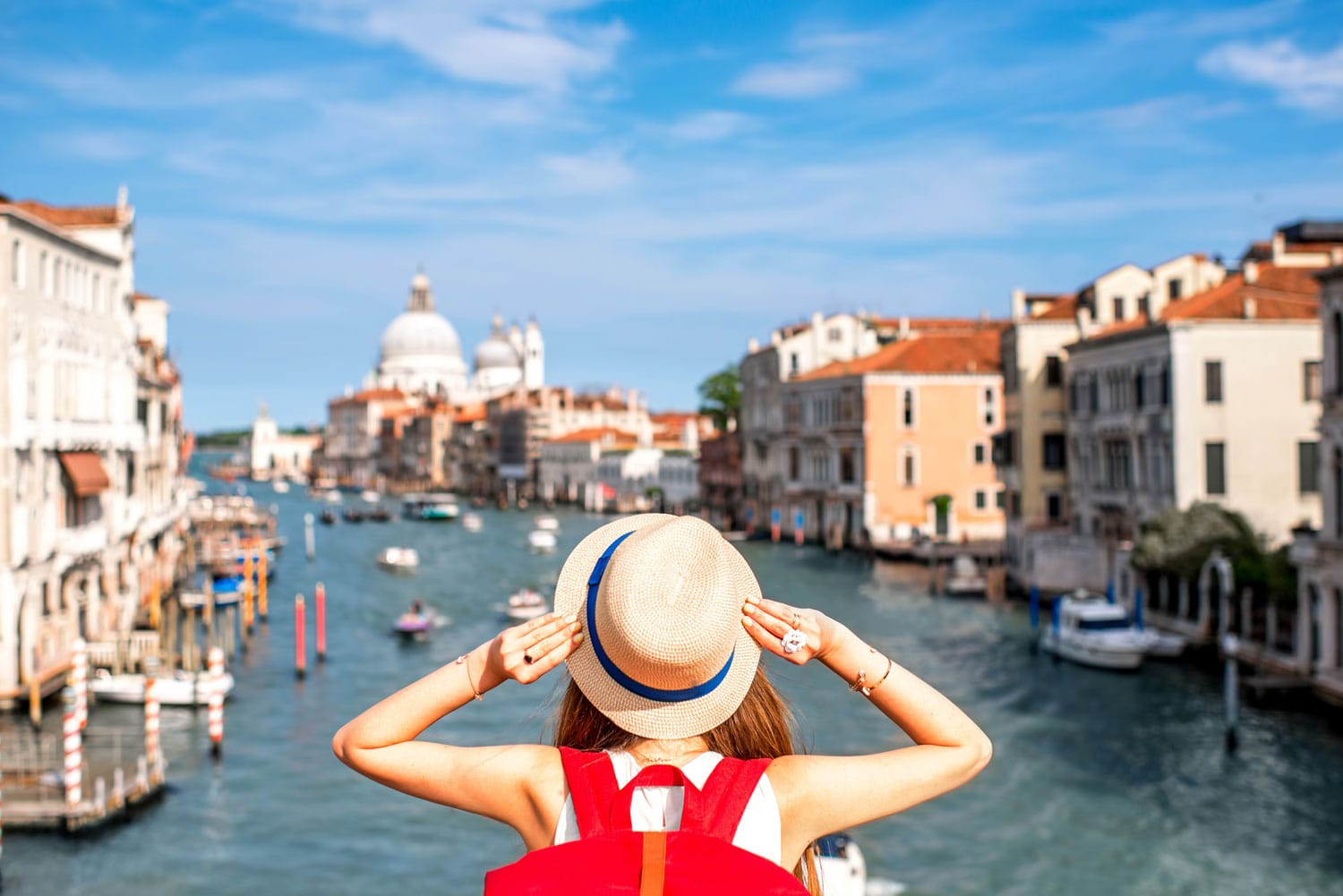
“I always say the best thing in Portugal is to take a flight that arrives at one of the five airports, rent a car and get lost. It’s the best thing you can do in Portugal, ”said Araújo. He speaks from experience, since he also spent the last year at home, but got “lost” in his home country. He discovered new places and discovered old favorites like the Azores, the Algarve and Madeira, the chain of autonomous islands off the coast of North Africa.
